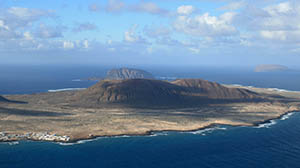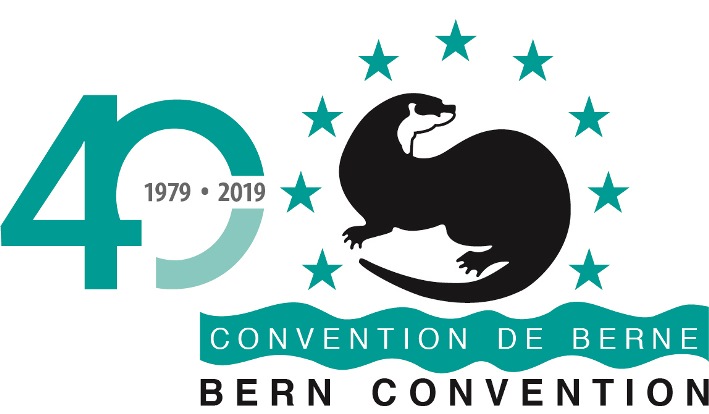Group of Experts on European Island Biodiversity

However, that biodiversity is under particular threat because of islands' shortness of space, climate change, habitat destruction by building on the shore line and pollution. Islands are also very vulnerable to invasive alien species (IAS) which is the second cause of loss of species in the world.
The Group of Experts contributed to the work of the Convention on Biological Diversity on islands, integrating the Global Island Partnership (GLISPA) and promoting further work on IAS on islands in the seas surrounding Europe: the Baltic, Mediterranean and Black seas and the Arctic and East Atlantic Oceans.
The Group focused its work in the elaboration of a Charter on Biodiversity in European Islands, filling the knowledge gaps on threatened island biodiversity and on IAS on islands. It proposed best practices for island biodiversity monitoring and conservation, recommending eradication of some particularly harmful alien species and exploring the conservation potential of small uninhabited islands.
The Group fulfilled its mandate and is now on stand-by.
Moreover, a workshop on feral ungulates and their impact on island biodiversity in the Mediterranean and Macaronesian regions was organised on 23-24 March 2015 in La Gomera (Canary Islands, Spain) to examine how serious is the impact of feral ungulates in fragile island ecosystems and make proposals on how to better control those species so as to promote native biodiversity.
(Photo credit: Ivana d’Alessandro)
Reports of past meetings
- Report of the Workshop on the "Feral ungulates and their impact on Island Biodiversity in the Mediterranean and Macaronesian Regions", La Gomera (Spain), 23-24.03.2015 - T-PVS(2015)07E
- 9-11 June 2011, Corsica (France) - 3rd Meeting of the Group of Experts
- 26-29 July 2010, Svalbard (Norway) - 2nd Meeting of the Group of Experts
- 1-3 October 2009, Tenerife (Spain) - 1st Meeting of the Group of Experts
Documents
- Charter on the Conservation and Sustainable Use of Biological Diversity in European Islands - T-PVS/Inf(2011)08
- Priorities for Conserving Biodiversity on European Islands - T-PVS/Inf(2011)09
- International efforts to conserve biological diversity in islands - T-PVS/Inf(2009)01E
- Compilation of National Reports on activities related to Biological Diversity on European Islands - T-PVS/Inf(2009)12E
- Toward a European information system on Invasive Alien Species in European islands - T-PVS/Inf(2009)13E
Recommendations

- On Conservation of Amphibians and Reptiles - marine turtles
- On Conservation of Plants
- On Conservation of Birds
- On Conservation of Invertebrates
- On Protected Areas and Ecological Networks
- On Invasive Alien Species
- On Large Carnivores
- On Biodiversity and Climate Change
- On European Island Biological Diversity


